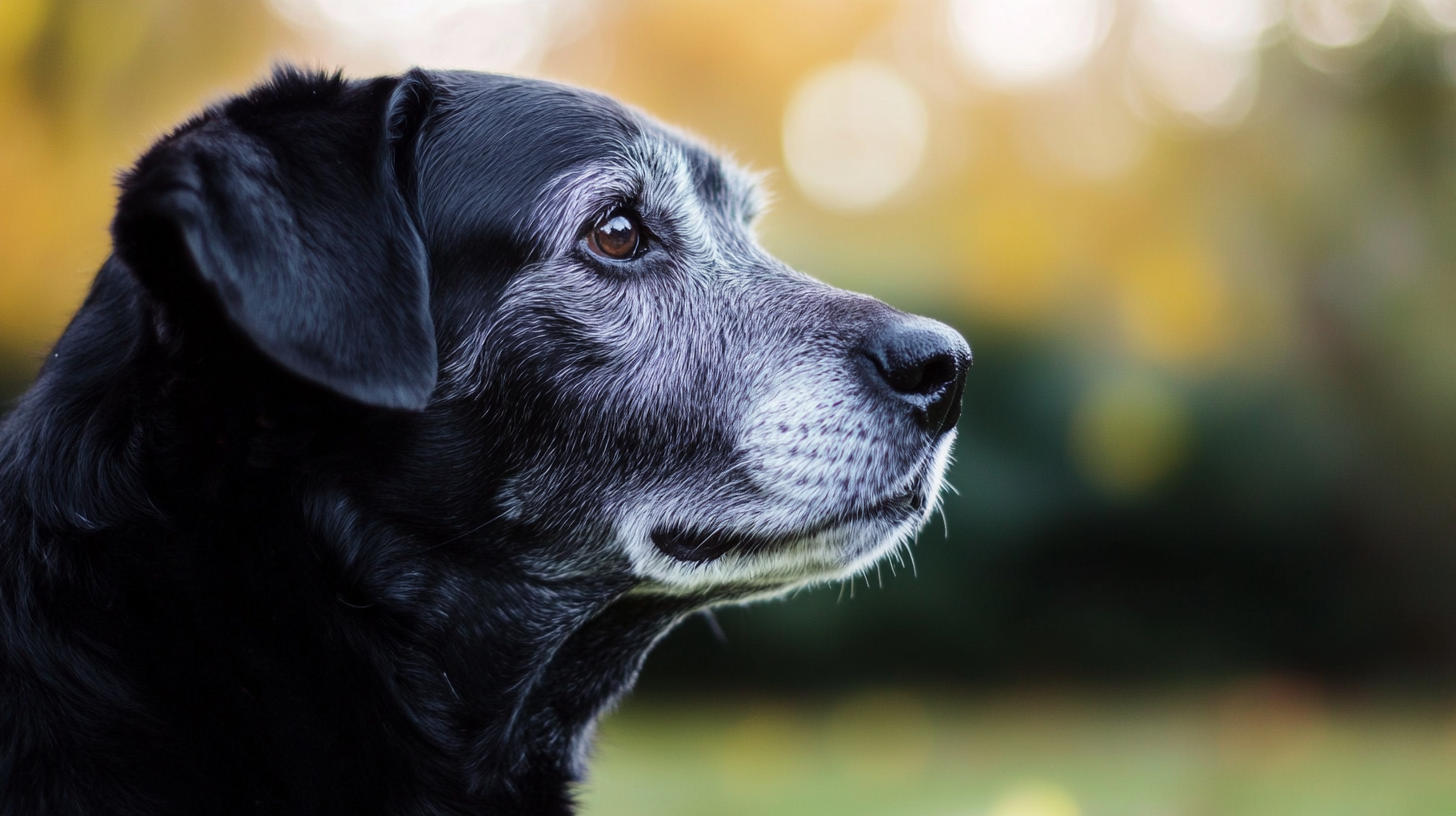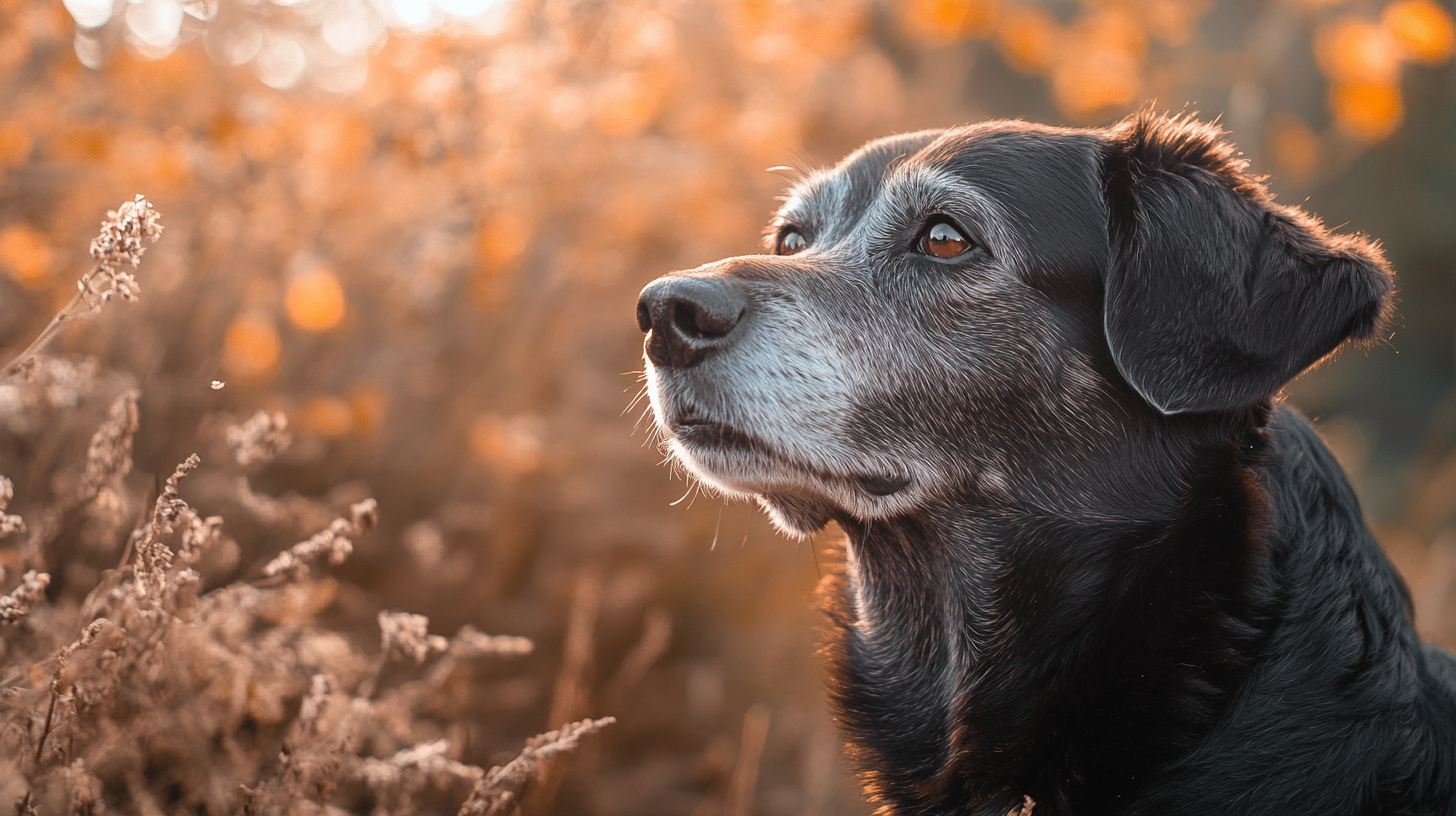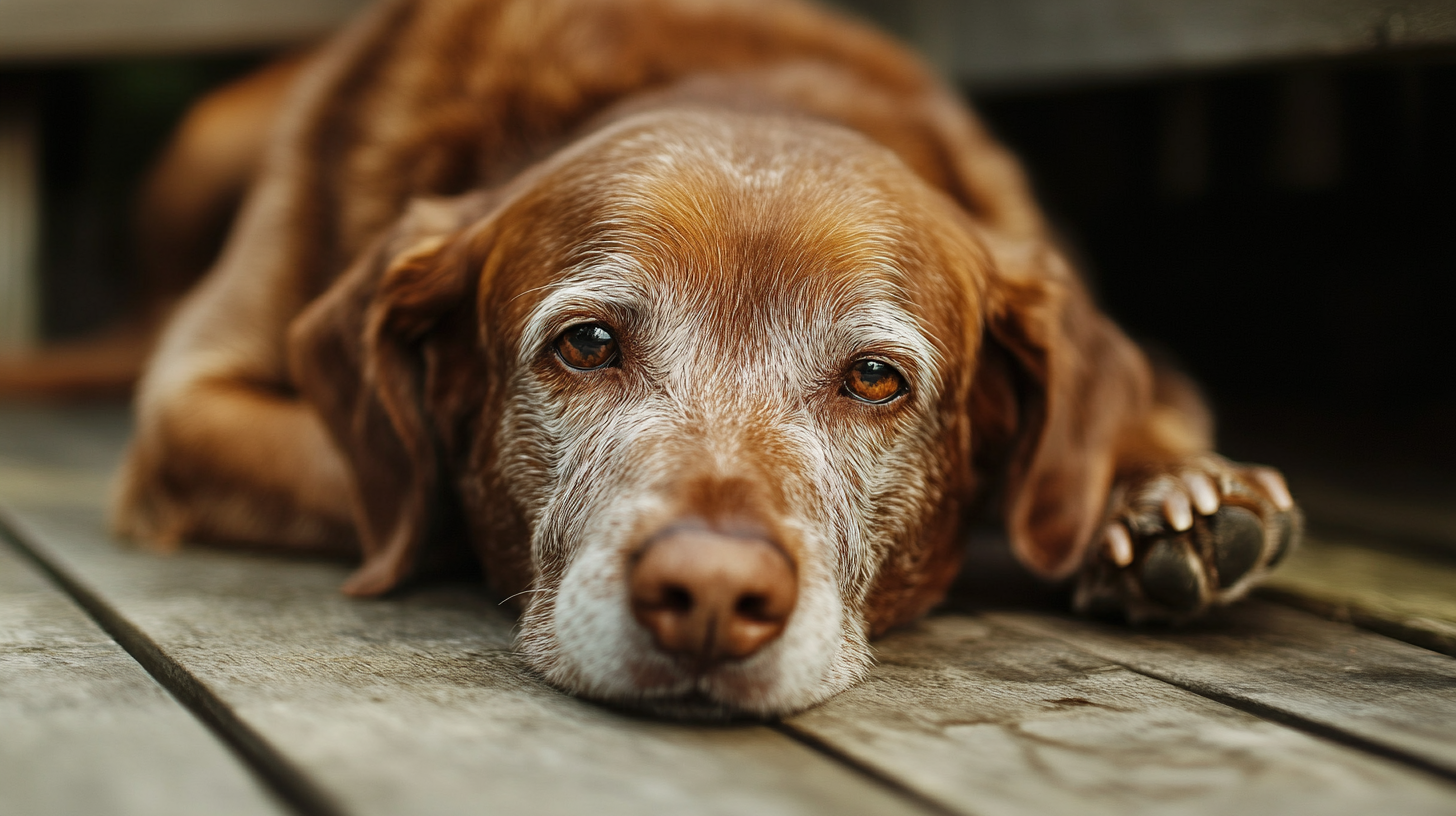As our beloved dogs age, their nutritional requirements shift significantly, necessitating a careful evaluation of their diets. Reports indicate that 50% of dogs aged seven and older are classified as seniors, and they often face health challenges that require specialized dietary considerations. Wet dog food for senior dogs can offer a range of benefits, including easier digestion, enhanced hydration, and increased palatability. Research suggests that a balanced diet rich in protein, fats, and micronutrients is crucial for maintaining their energy levels and overall well-being.
Moreover, wet dog food for senior dogs can play a pivotal role in addressing specific health issues such as dental problems, obesity, and kidney disease. According to the Association for Pet Obesity Prevention, an estimated 59% of dogs in the United States are classified as overweight or obese, which puts additional strain on their bodies. By providing moisture-rich and nutrient-dense wet food, pet owners can aid in managing their dog's weight while ensuring they receive the essential nutrients necessary for a longer, healthier life. Choosing the right wet dog food can significantly impact a senior dog's quality of life and longevity.

When choosing the best wet dog food for your senior dog, it's crucial to understand their unique nutritional needs. As dogs age, their metabolism slows down, and they may become less active, which means their food requirements change. Key considerations include protein content, fat levels, and added nutrients that support joint health and cognitive function. Senior dogs often need a diet rich in high-quality protein to help maintain muscle mass. Look for wet dog foods that list a specific meat as the first ingredient, ensuring that your dog receives optimal nutrition without fillers. Additionally, moderate fat levels are important to help manage weight, as many senior dogs are prone to obesity due to a decrease in activity levels. Ingredients like omega fatty acids can also aid in maintaining a healthy coat and skin. In addition to protein and fat, senior dogs benefit from special additives such as glucosamine and chondroitin, which support joint health, and omega-3 fatty acids, which are known for their anti-inflammatory properties. Antioxidants, vitamins, and minerals are equally essential, as they help bolster the immune system and promote overall health. By keeping these nutritional considerations in mind, you can choose a wet dog food that meets your senior dog’s specific needs and enhances their quality of life.

When selecting wet dog food for your senior dog, evaluating the protein sources is paramount. As dogs age, their dietary requirements shift significantly. Senior dogs often need higher-quality protein to support muscle maintenance and overall health. Look for protein sources that are easily digestible, such as chicken, turkey, fish, or lamb. These proteins provide essential amino acids without overwhelming the aging digestive system.
Another crucial factor to consider is the variety of protein sources in the formulation. A blend of animal proteins can enhance the nutritional profile of the food, ensuring that your dog receives a balanced intake of essential nutrients. Additionally, novel protein sources, like duck or bison, may be beneficial for dogs with food sensitivities or allergies, offering an alternative that still meets their protein needs.
Moreover, consider the protein content percentage listed on the wet dog food label. For senior dogs, a protein content of around 25-30% is generally ideal. However, it's essential to combine this with other nutrients such as healthy fats and fiber to ensure a well-rounded diet. Pay attention to the presence of omega-3 fatty acids, as they can support cognitive function and joint health, which are often concerns for aging canines. By carefully evaluating these aspects of wet dog food, you can select a diet that aligns with your senior dog's unique nutritional needs.

As dogs age, their digestive health becomes increasingly important, making fiber a crucial component of their diet. Senior dogs often face various digestive issues, such as decreased enzyme production and changes in gut flora, which can lead to sensitivities. Integrating fiber into their meals can promote healthy digestion and alleviate problems like constipation or diarrhea. Soluble fiber, in particular, can help regulate the gut and support a more balanced digestion, making it essential for a senior dog's well-being.
When selecting the best wet dog food for a senior dog, it's important to consider not only the fiber content but also the types of fiber included. Ingredients like pumpkin, sweet potatoes, and brown rice provide gut-friendly fiber while also ensuring palatability. Moreover, incorporating prebiotics can further enhance digestive health by fostering good bacteria growth in the gut. This holistic approach helps maintain digestive efficiency, which is crucial for seniors who may experience a reduced ability to absorb nutrients from food.
Lastly, always observe your dog’s reactions to changes in diet. Regular monitoring of their digestive health can provide insights into how well the food is suiting their unique needs. Consulting with a veterinarian can also be beneficial, as they can suggest specific dietary adjustments based on your dog's health status and lifestyle. Ensuring that your senior dog receives the appropriate nutrition tailored to their digestive health will contribute significantly to their overall quality of life.

When it comes to selecting wet dog food for senior dogs, understanding their unique nutritional requirements is crucial. As dogs age, their bodies experience various changes that affect their dietary needs. Essential vitamins and minerals play a vital role in promoting senior dog wellness. According to the Association of American Feed Control Officials (AAFCO), senior dogs require higher levels of specific nutrients, including protein, fiber, and certain vitamins, to support their health and vitality.
Protein is particularly important for senior dogs, as it helps maintain muscle mass, which typically declines with age. A study published in the Journal of Veterinary Internal Medicine highlights that senior dogs benefit from foods with a protein content of at least 25% to support muscle maintenance and overall health. Additionally, adequate fiber is essential for digestive health; it can help manage weight and prevent obesity, which is a common concern in older dogs.
Moreover, vitamins such as vitamin E and antioxidants are crucial for reducing oxidative stress and supporting immune function. Research indicates that including antioxidants in senior dog diets can significantly enhance their quality of life by improving cognitive function and protecting against age-related diseases. Minerals like calcium and phosphorus are equally important for maintaining strong bones and teeth, which are vital for an active lifestyle in senior pets. By focusing on these essential nutrients, pet owners can ensure their senior dogs receive the necessary support to thrive in their golden years.
When selecting wet dog food for senior dogs, two crucial factors to consider are hydration and palatability. As dogs age, their hydration needs can change, making it essential to provide them with a diet that not only tastes good but also helps them stay hydrated. Wet dog food typically contains higher moisture content than dry kibble, which can be beneficial for senior dogs who may not drink enough water on their own. This added moisture can aid in digestion, promote kidney health, and prevent urinary tract issues - all common concerns in older dogs.
Palatability is another vital aspect when choosing wet dog food for seniors. Many older dogs can become fussy eaters due to changes in taste sensitivity or dental issues that make chewing difficult. Selecting a product that boasts rich, flavorful ingredients can encourage your senior dog to eat more willingly. Look for options that feature real meats, wholesome vegetables, and enticing aromas. Additionally, consider the texture of the food; softer, easier-to-eat formulas can be more appealing and manageable for senior dogs with dental problems.
Ultimately, ensuring that your senior dog enjoys their meals while staying well-hydrated can significantly improve their overall quality of life. Taking the time to assess both hydration and palatability will help you choose the best wet dog food tailored to meet your senior dog's unique needs.
